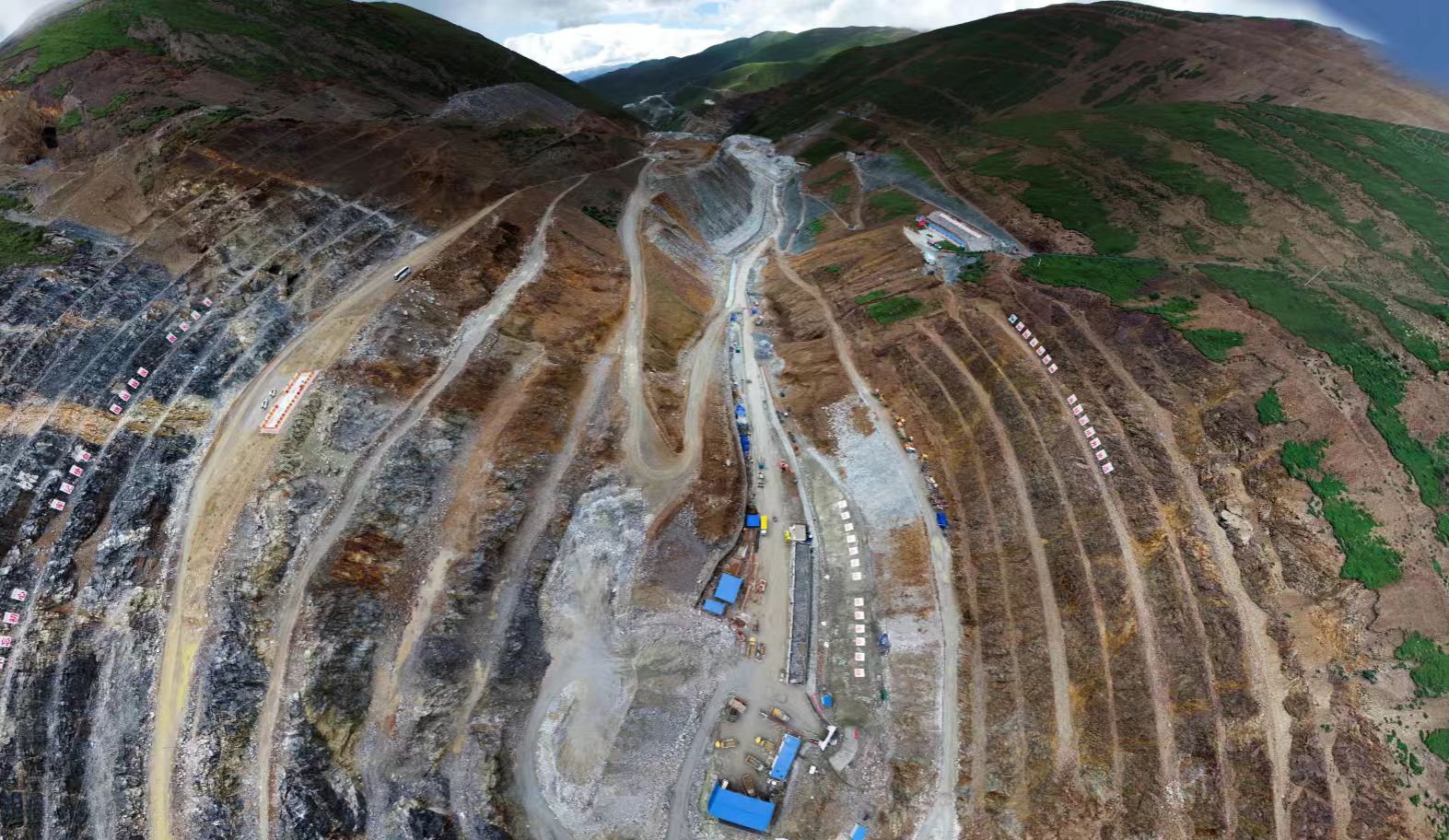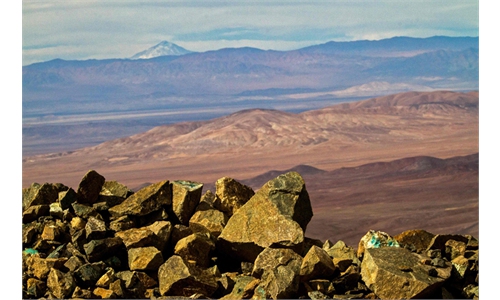Over 20 million tons of copper resources newly discovered in China's Qinghai-Tibet Plateau in past four years

China's Qinghai-Tibet Plateau has made a breakthrough in mineral exploration. Since the beginning of the 14th Five-Year Plan (2021-25), more than 20 million tons of new copper resources have been discovered, with the total resource potential reaching 150 million tons, the Global Times learned from the China Geological Survey on Monday.
Four major copper resource bases: Yulong, Duolong, Julong-Jiama, and Xiongcun-Zhunuo, have emerged on the Qinghai-Tibet Plateau. The region is poised to develop into a world-class copper resource hub, changing the landscape of copper mine exploration and development in China, according to the China Geological Survey.
Tang Juxing, an academician of the Chinese Academy of Engineering, highlighted the significance of copper as a critical metal, particularly in green energy development and applications. For instance, solar energy, onshore wind energy, offshore wind energy, and new-energy vehicles all depend heavily on copper, Tang was quoted by the China Central Television as saying on Monday.
Tang said the exploration is crucial for building key resource bases in China and securing the stability of the copper industrial and supply chains.
In addition, the Duobao Mountain copper mine located in Northeast China's Heilongjiang Province has added 3.65 million tons of copper resources, consolidating the resource foundation of China's eastern copper resource base, according to the China Geological Survey.
Global Times

